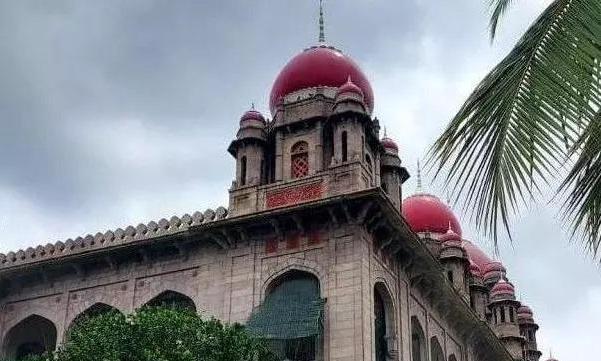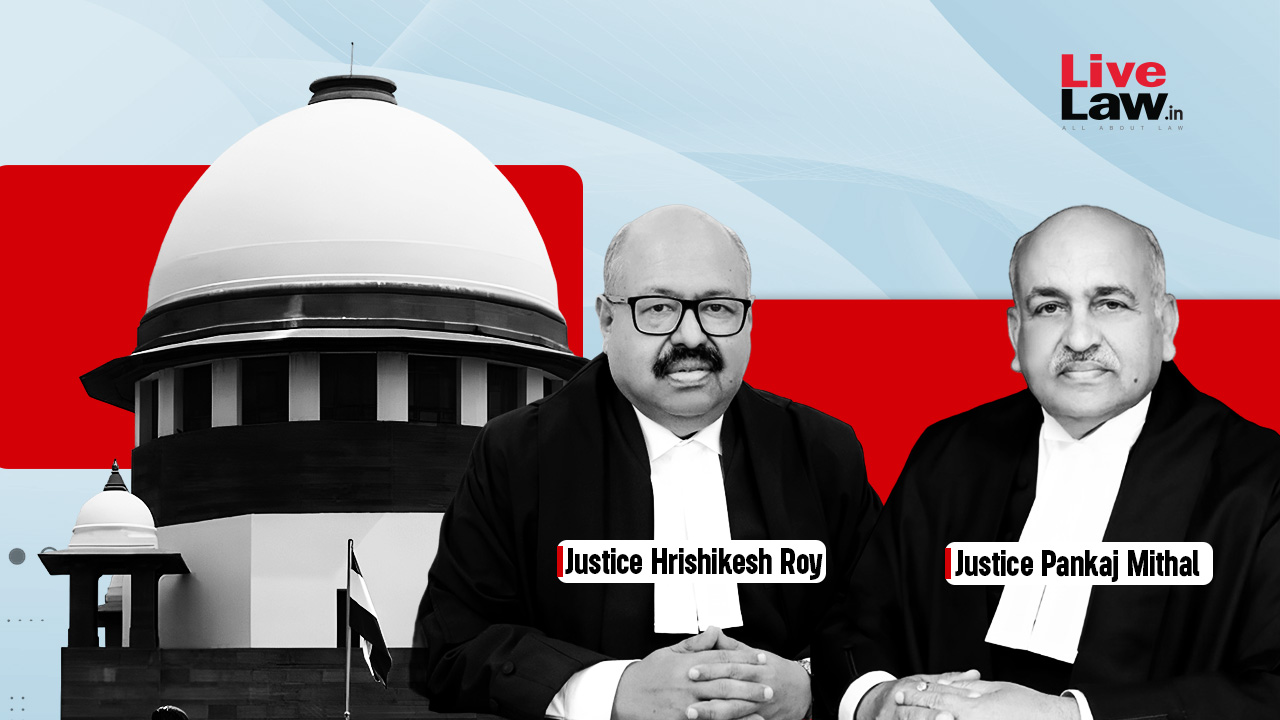
'Public Interest Not Limited To Maximising Revenue For Govt; It Includes Fair & Transparent Process' : Supreme Court
Live LawWhile hearing a bunch of appeals, a Division Bench of the Supreme Court, comprising Justices Hrishikesh Roy and Pankaj Mithal, held, "Public interest need not remain exclusively limited to ensuring maximum revenue accrual for the Government. Instead, public interest includes, without limiting itself to, a fair, transparent & stable process which any and all executive action must adhere to.” The challenge in these appeals was to the judgment and order dated 13.02.2019 of the High Court of Punjab and Haryana, whereby the writ petitions filed by the respective parties were allowed, and the decision by the Haryana State Industrial and Infrastructure Development Corporation Limited to conduct manual auction from the stage of the end of e-auction, was struck down by the Division Bench of the High Court Brief Background HSIIDC issued an Pertinently, allotments were to be made per the Enterprises Promotion Policy of the State Government and the Corporation's Estate Management Procedure /Allotment Procedure. Court’s Observations After hearing the Counsels for both parties, the Court observed that “when the HSIIDC as the authority deciding to allot industrial plots had laid down a particular procedure which will ensure fairness and transparency amongst the participants, they cannot depart from the notified process particularly when there was no technical report available with authority to confirm technical fault in the e-auction process.” Further, the Court declared such departure to be arbitrary and unfair. The above are only the broad grounds, but it does not rule out addition of further grounds in course of time.” The Court also cited the case Union of India v. International Trading Co., 5 SCC 437, where the Court held: “It is trite law that Article 14 of the Constitution applies also to matters of governmental policy and if the policy or any action of the Government, even in contractual matters, fails to satisfy the test of reasonableness, it would be unconstitutional. However, when it is seen that the decision of the authority is arbitrary, irrational, and disproportionate, having regard to complaints received only with regard to a few plots and yet all 130 plots being put to manual auction after abandoning the e-auction process, the intervention by the High Court with the decision of the authority cannot, in our view, be faulted.” Additional Solicitor General Aishwarya Bhati appeared for the appellant.
Discover Related
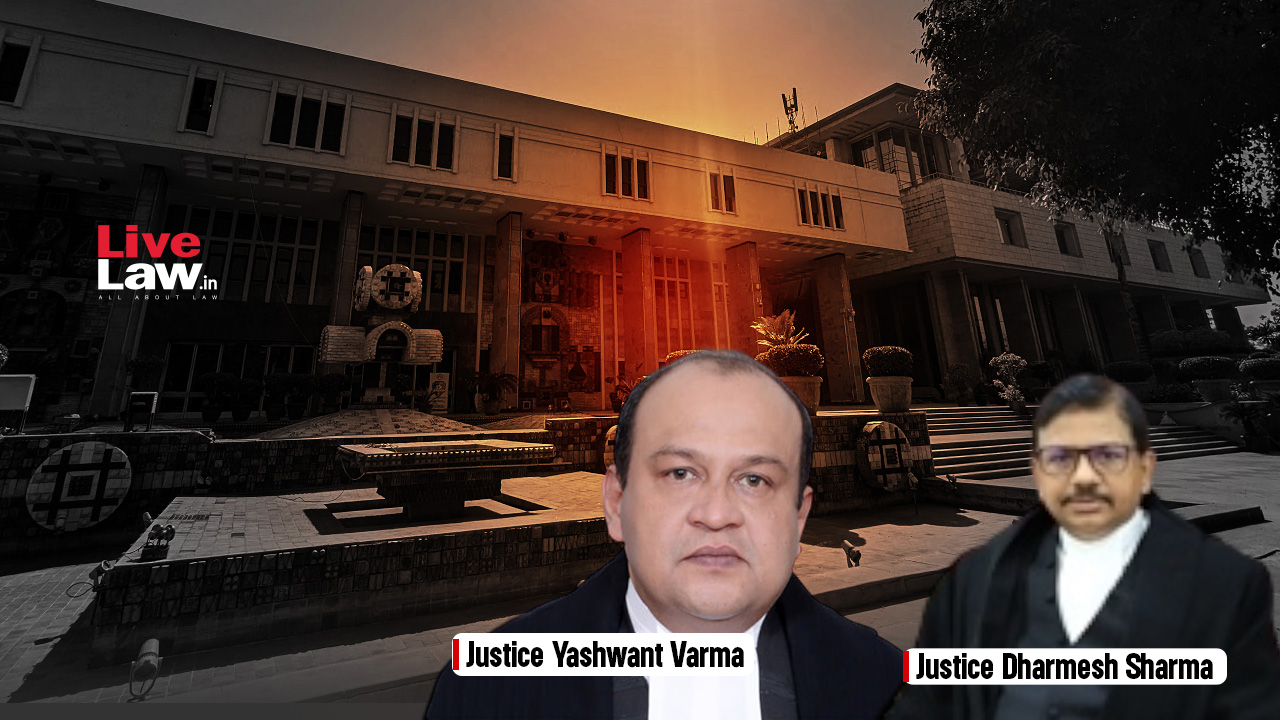
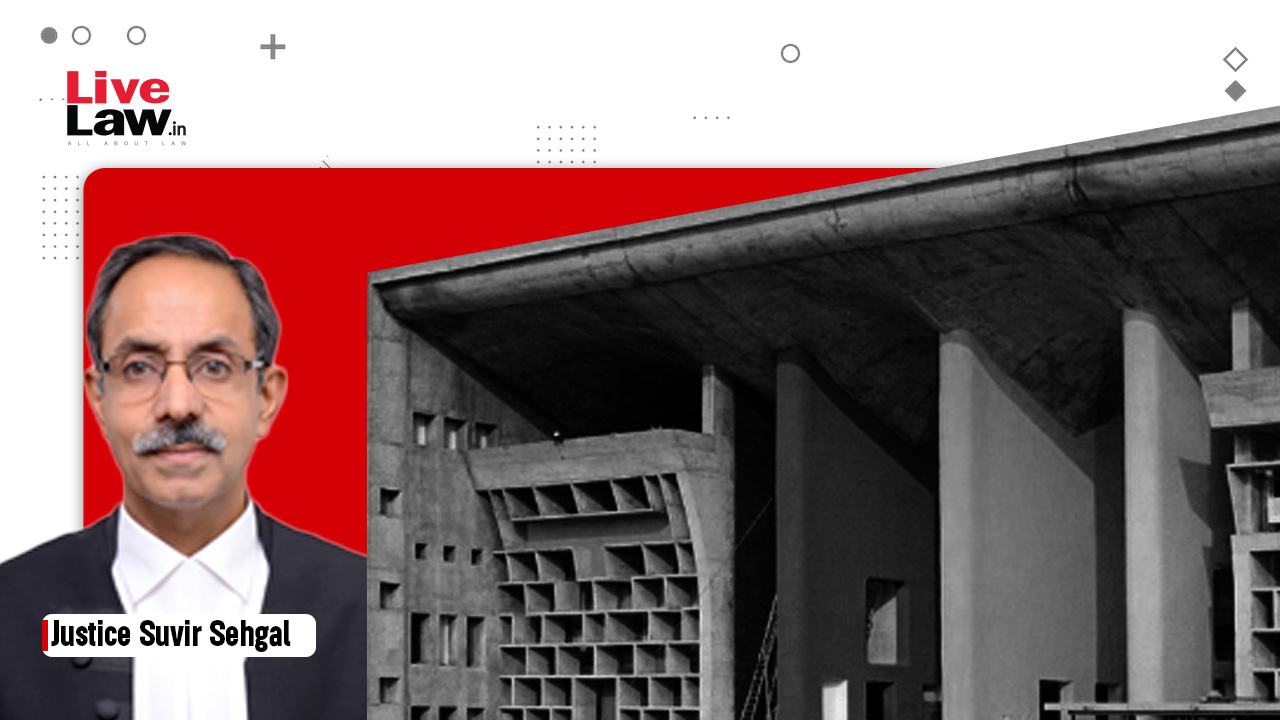
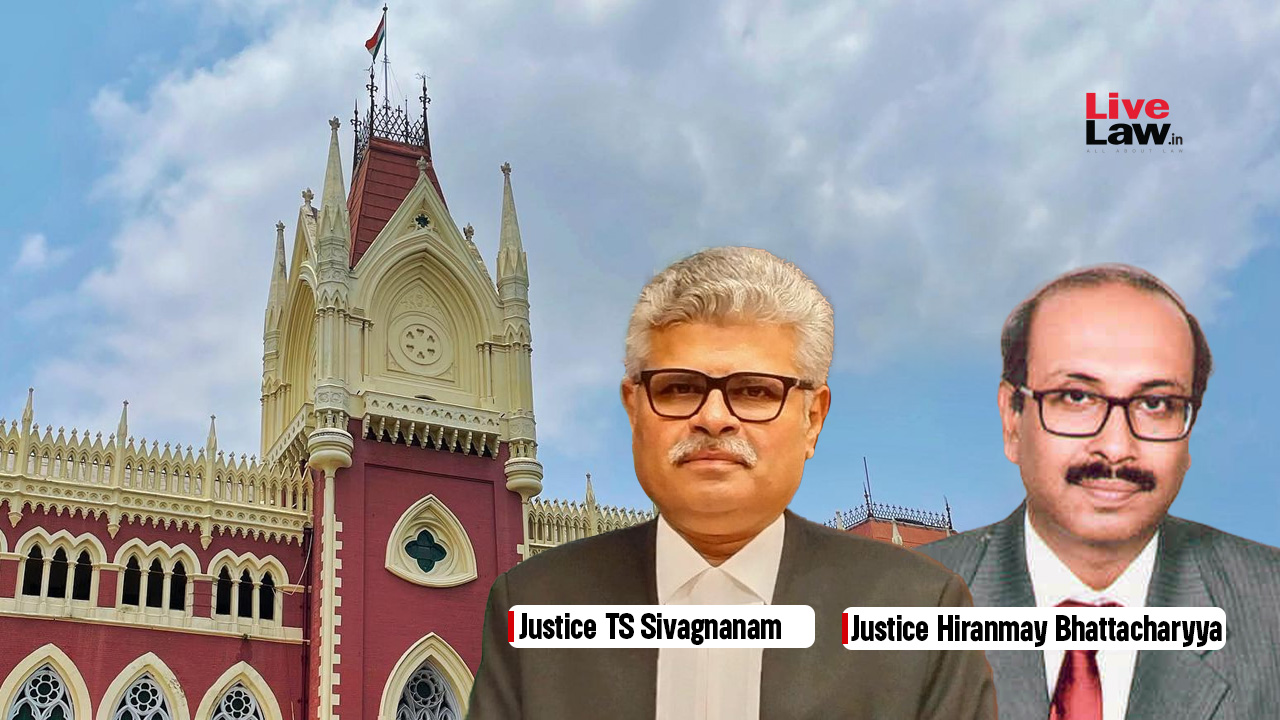
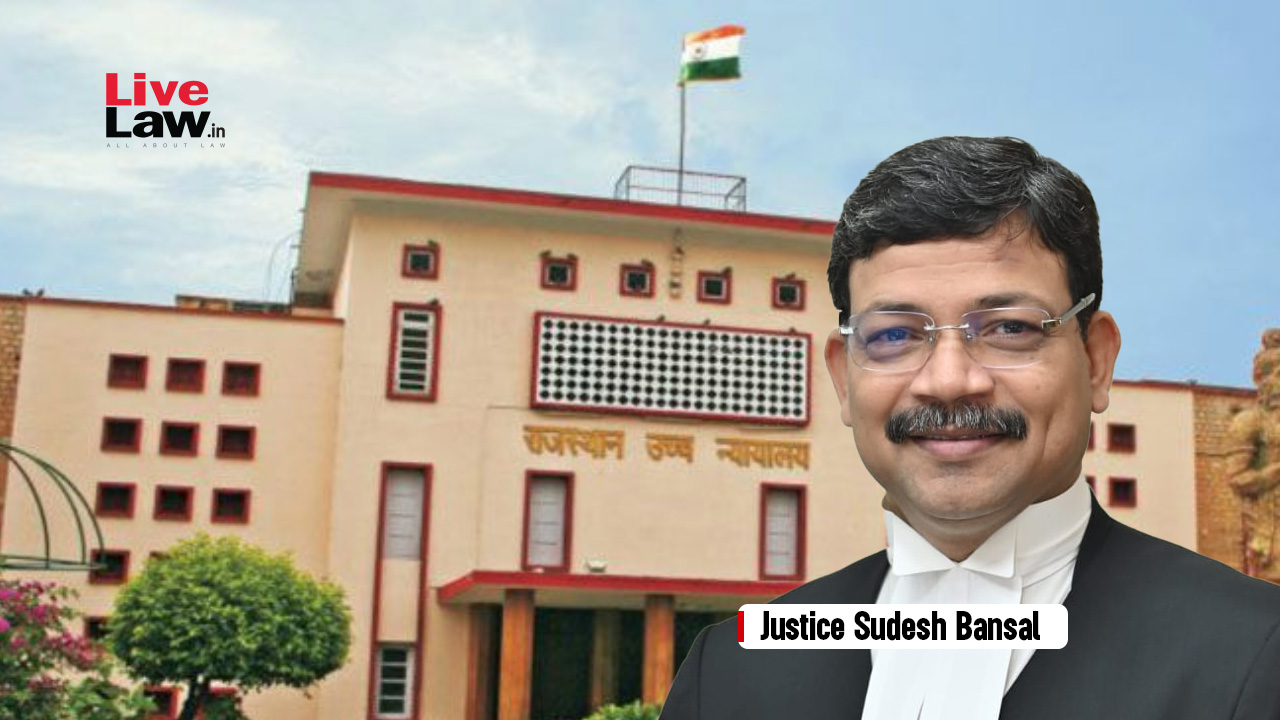
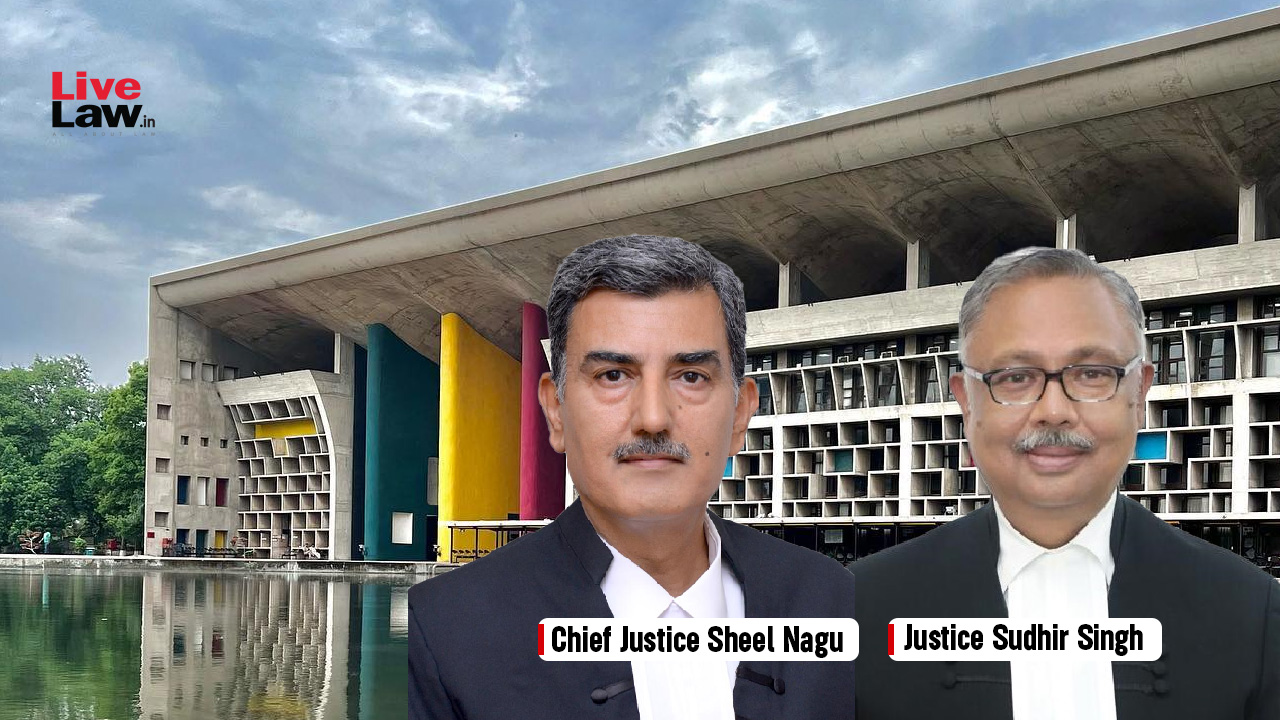
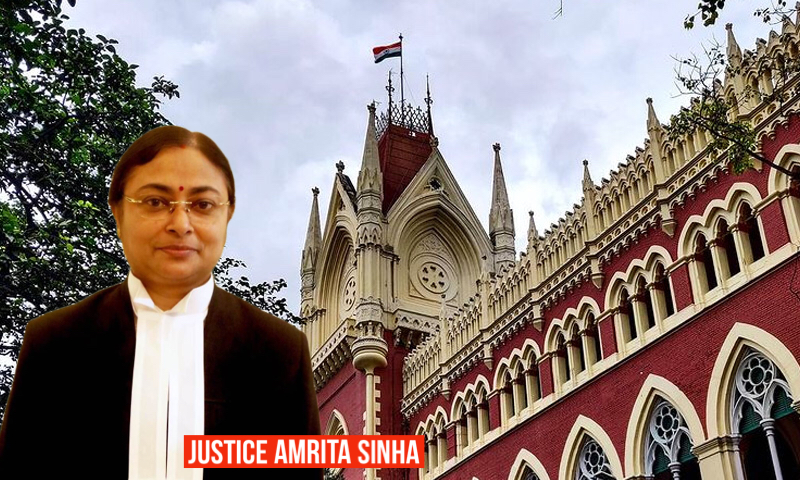
![Madras High Court Annual Digest 2024: Part II [Citation 251 to 492]](https://www.livelaw.in/h-upload/2024/12/19/577407-madras-high-court-annual-digest-2024.jpg)
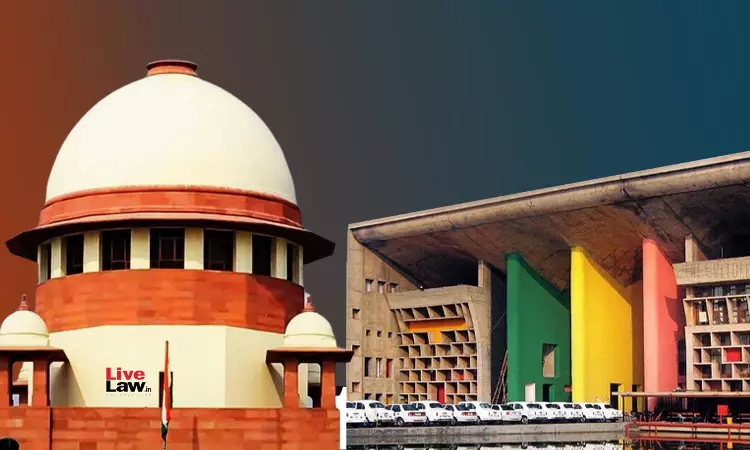



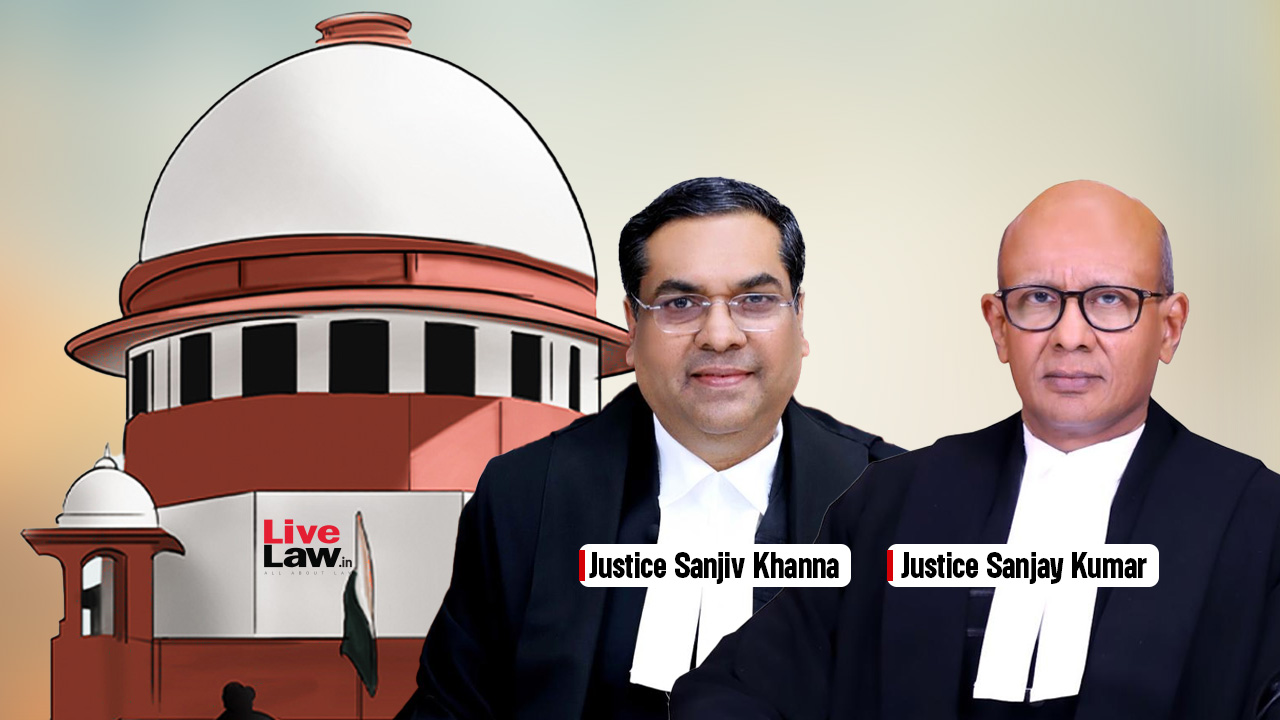
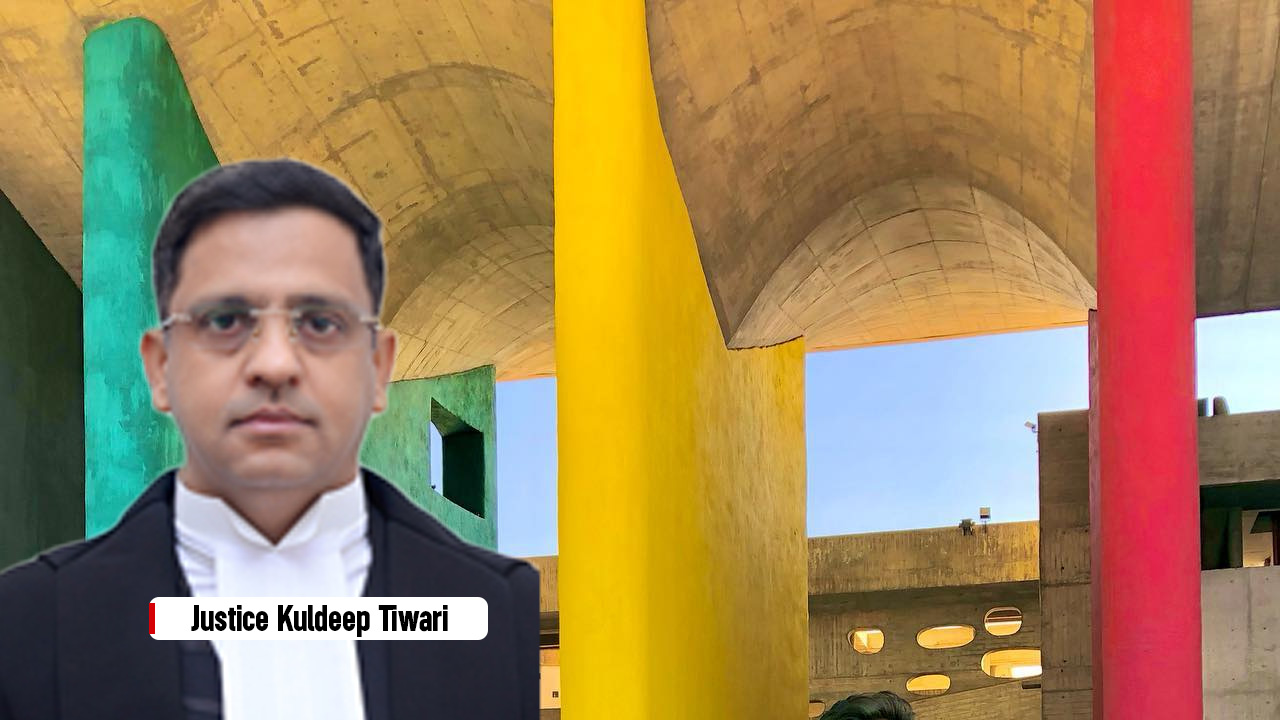

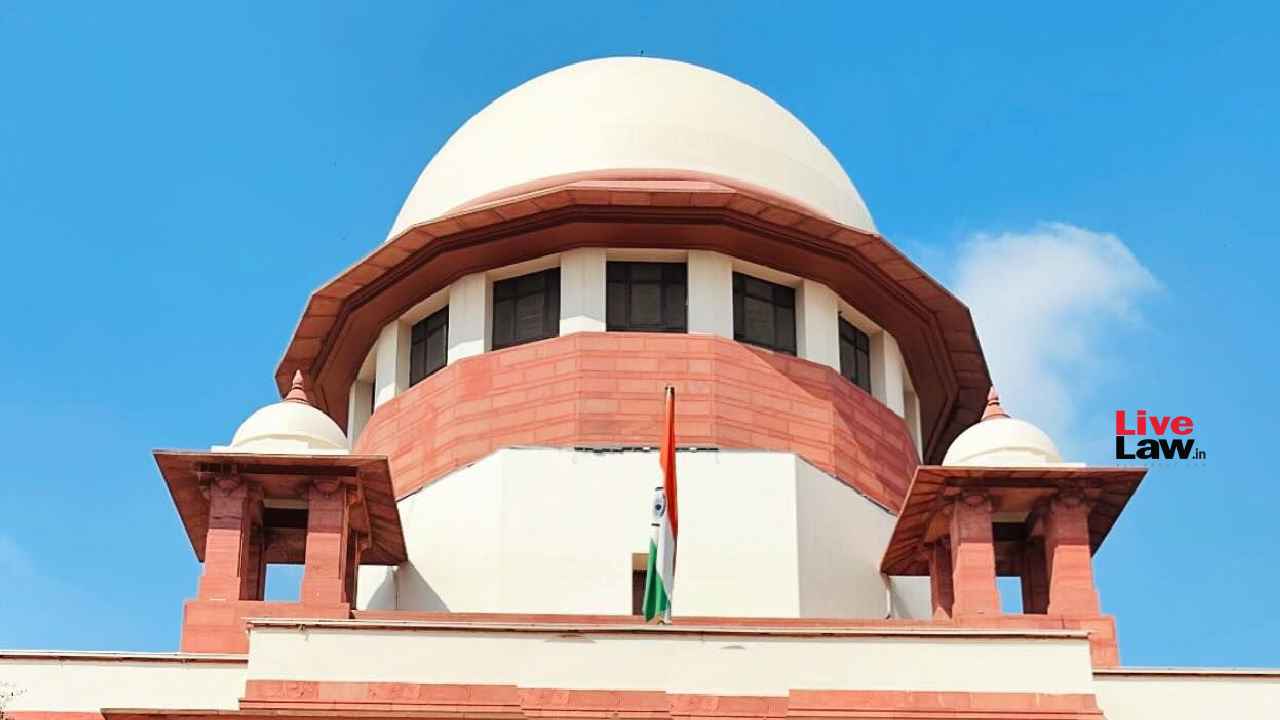

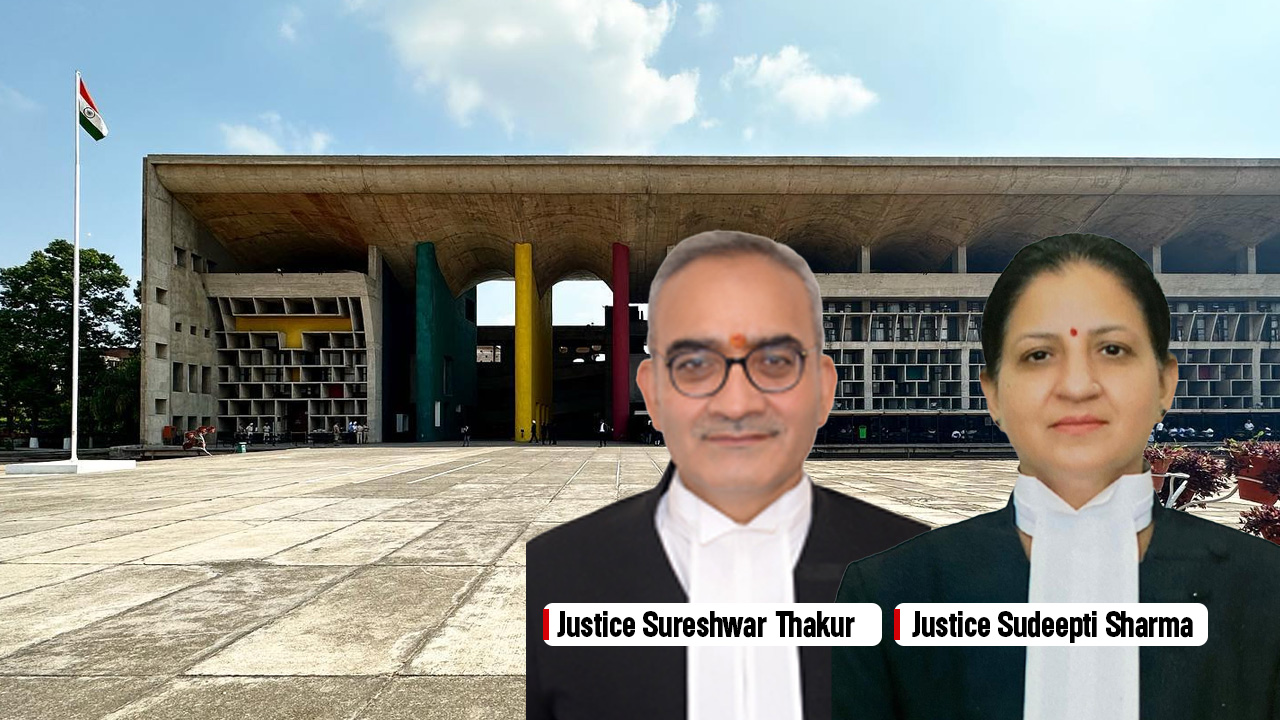
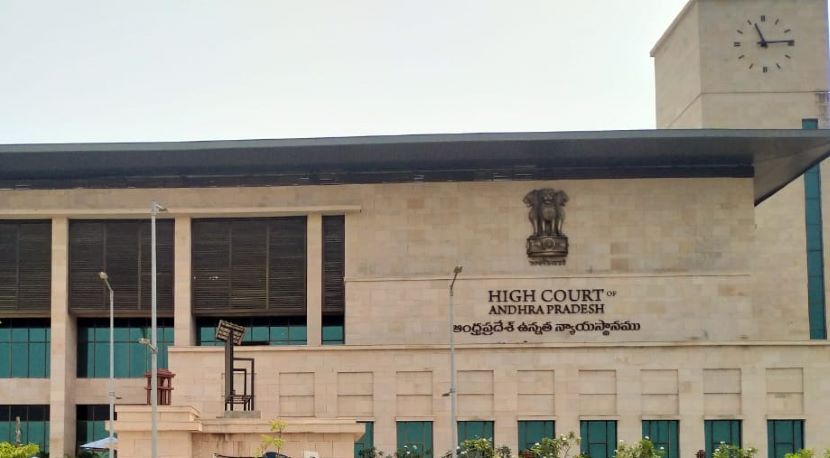
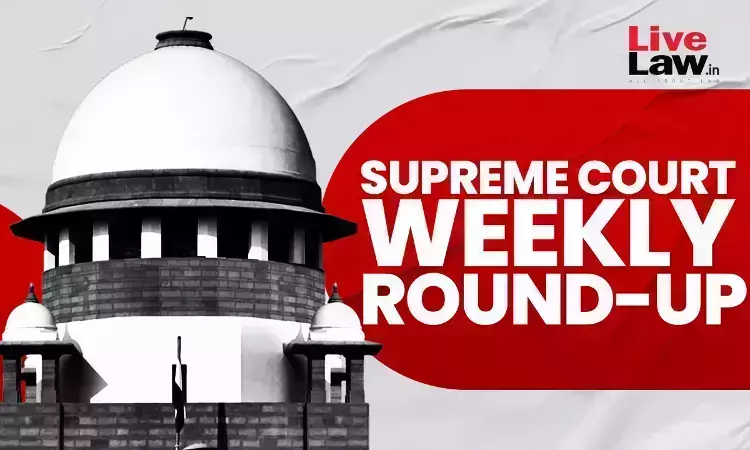

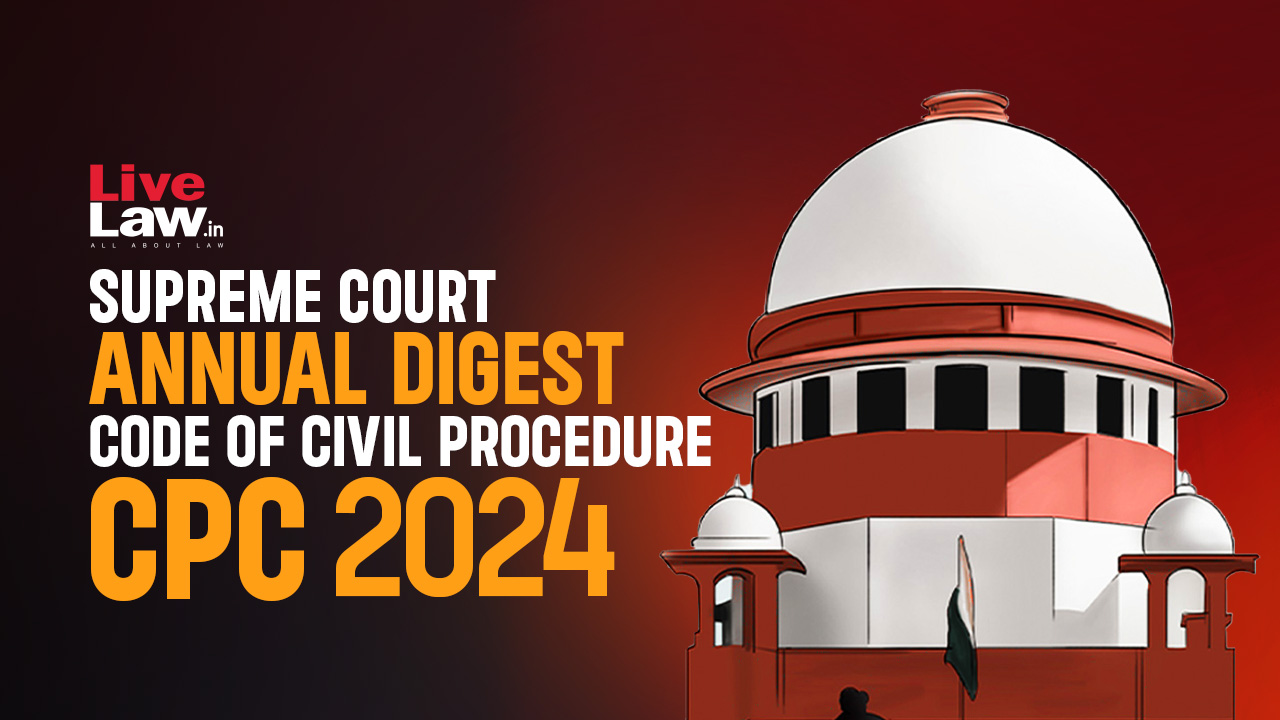





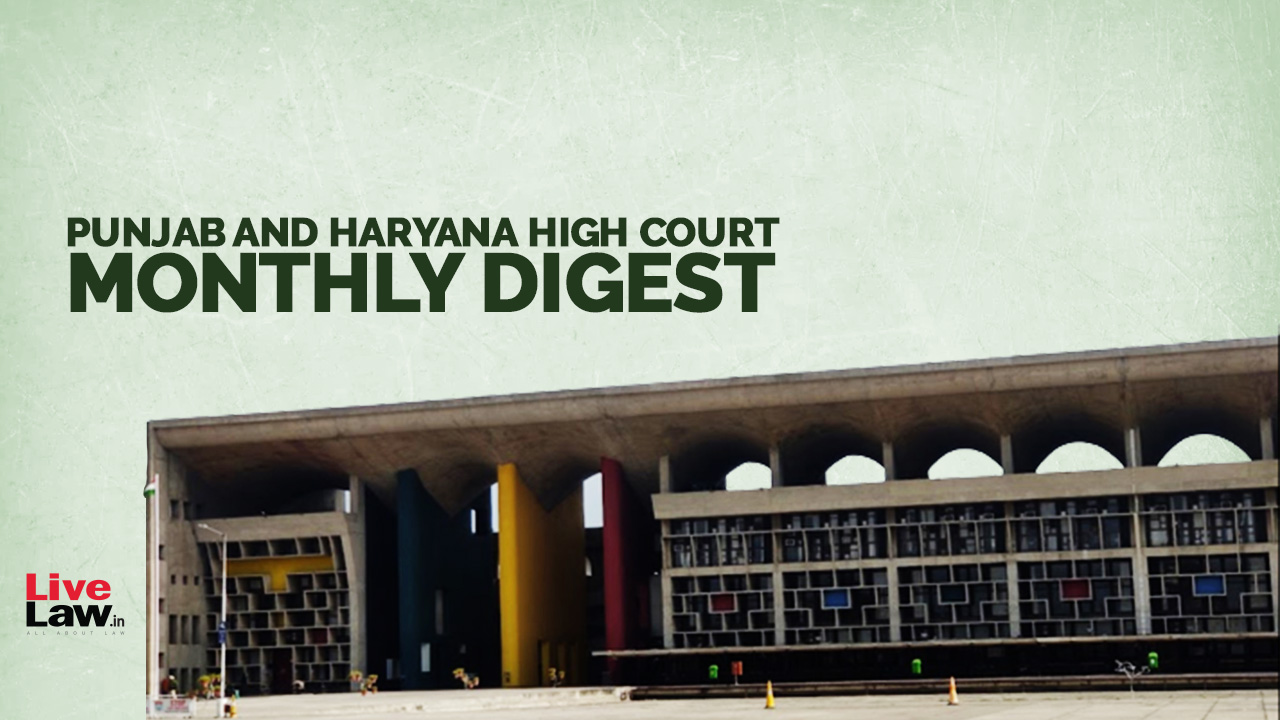
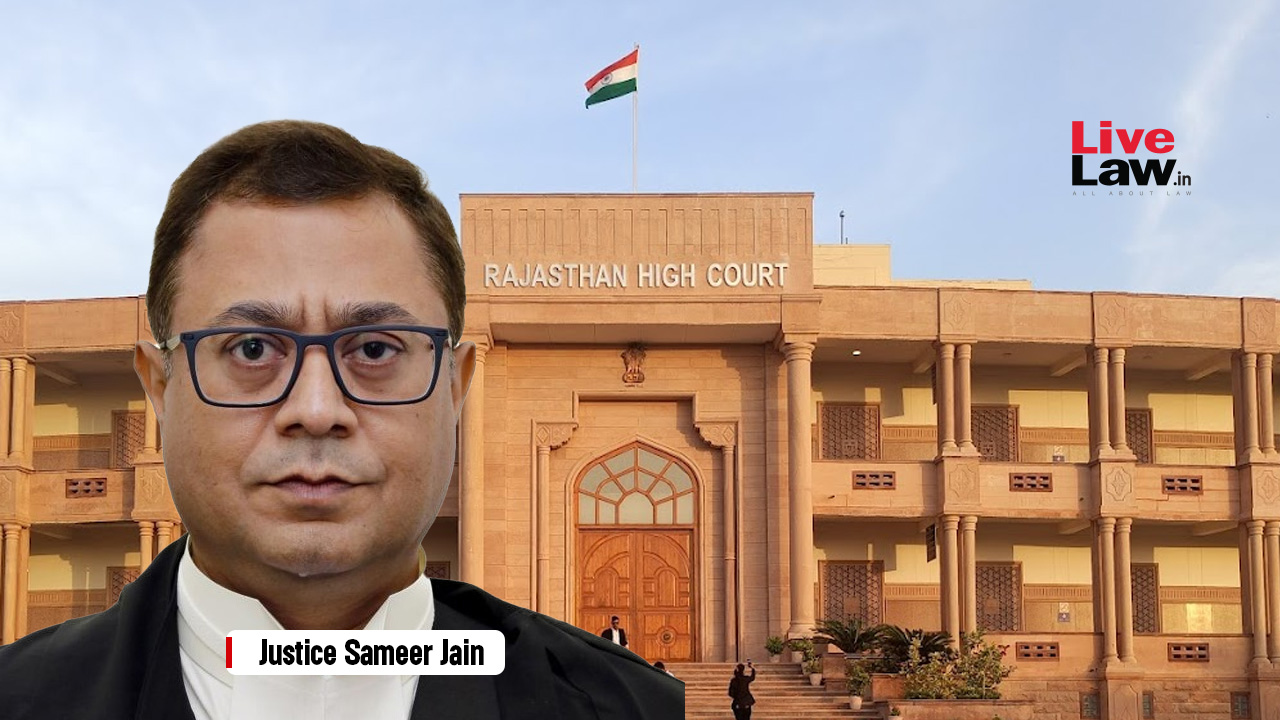

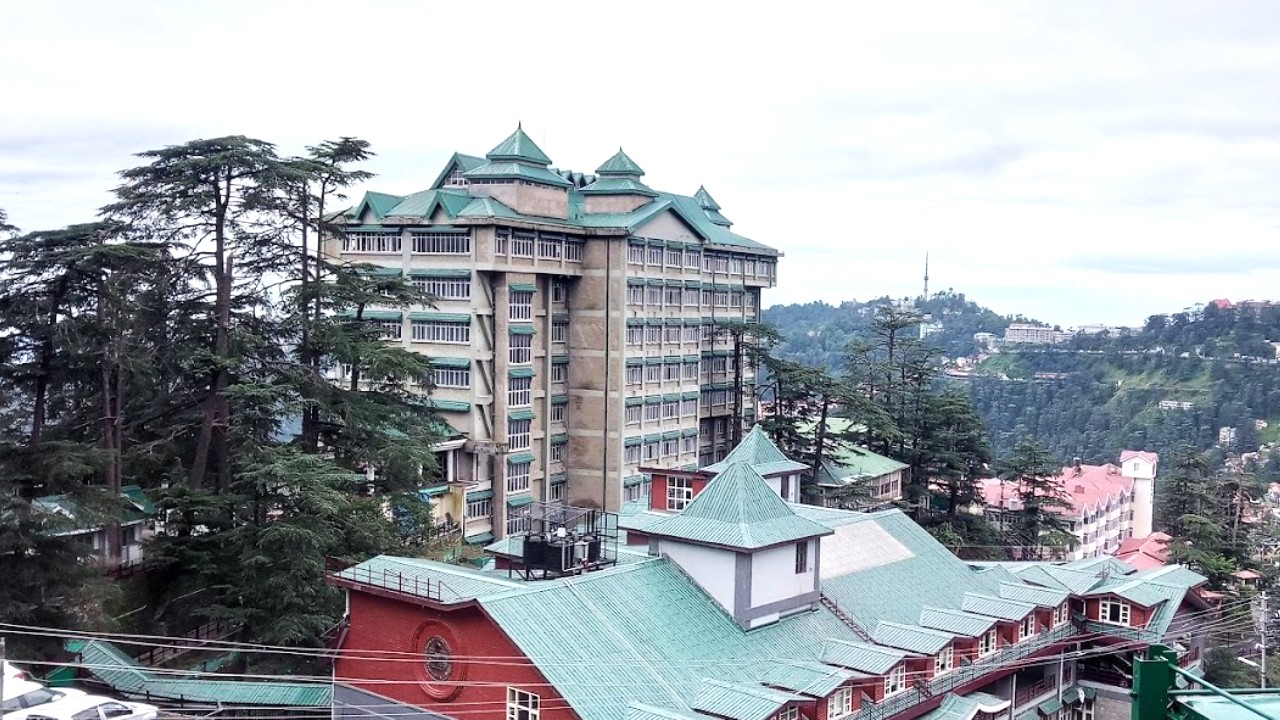
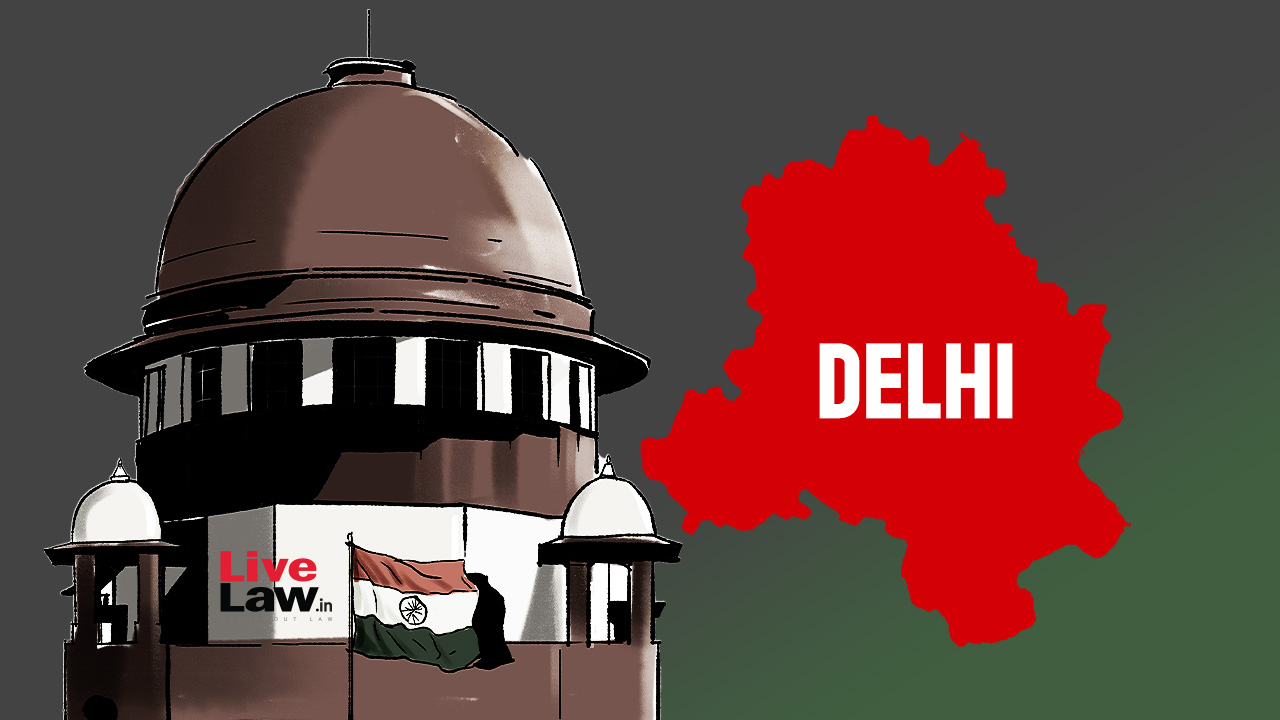
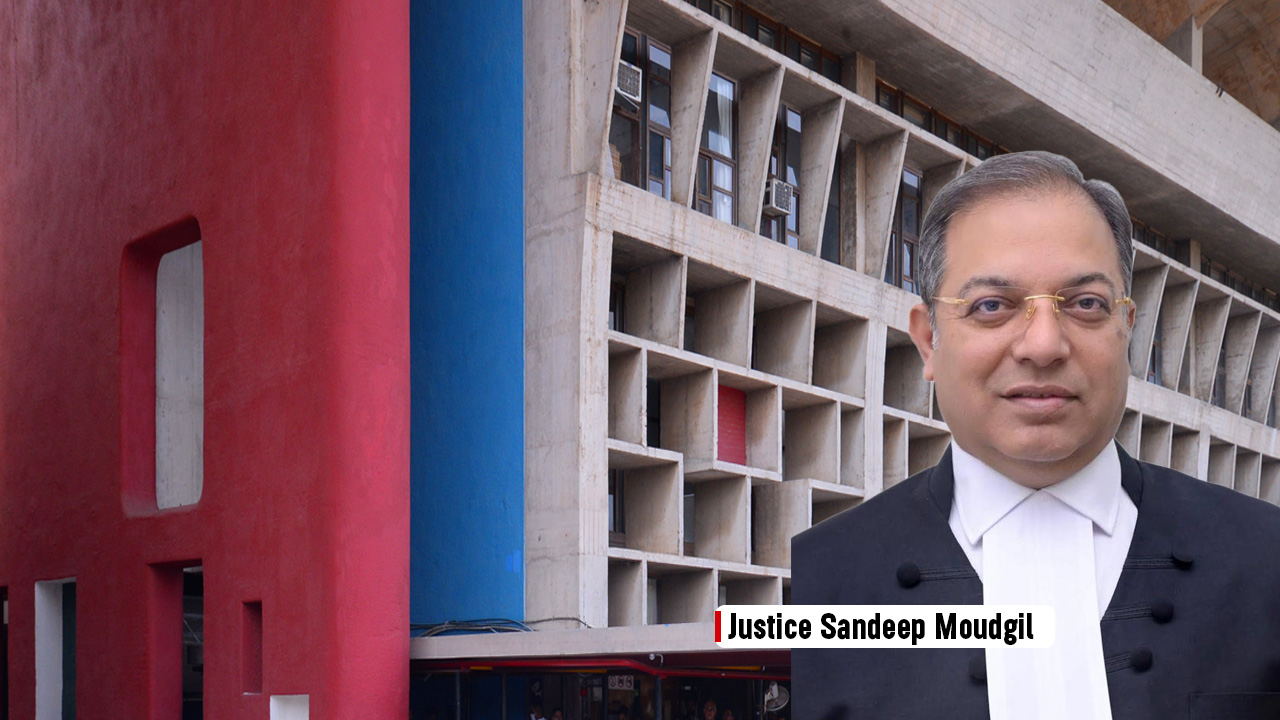
![Consumer Cases Weekly Round Up:[ 23rd December – 29th December 2024]](https://www.livelaw.in/h-upload/2024/07/14/549673-1500x900481610-consumer-law-weekly-round-up.jpg)
![Real Estate Weekly Round Up: [23rd December – 28th December 2024]](https://www.livelaw.in/h-upload/2024/12/03/574379-real-estate-weekly-digest.jpg)
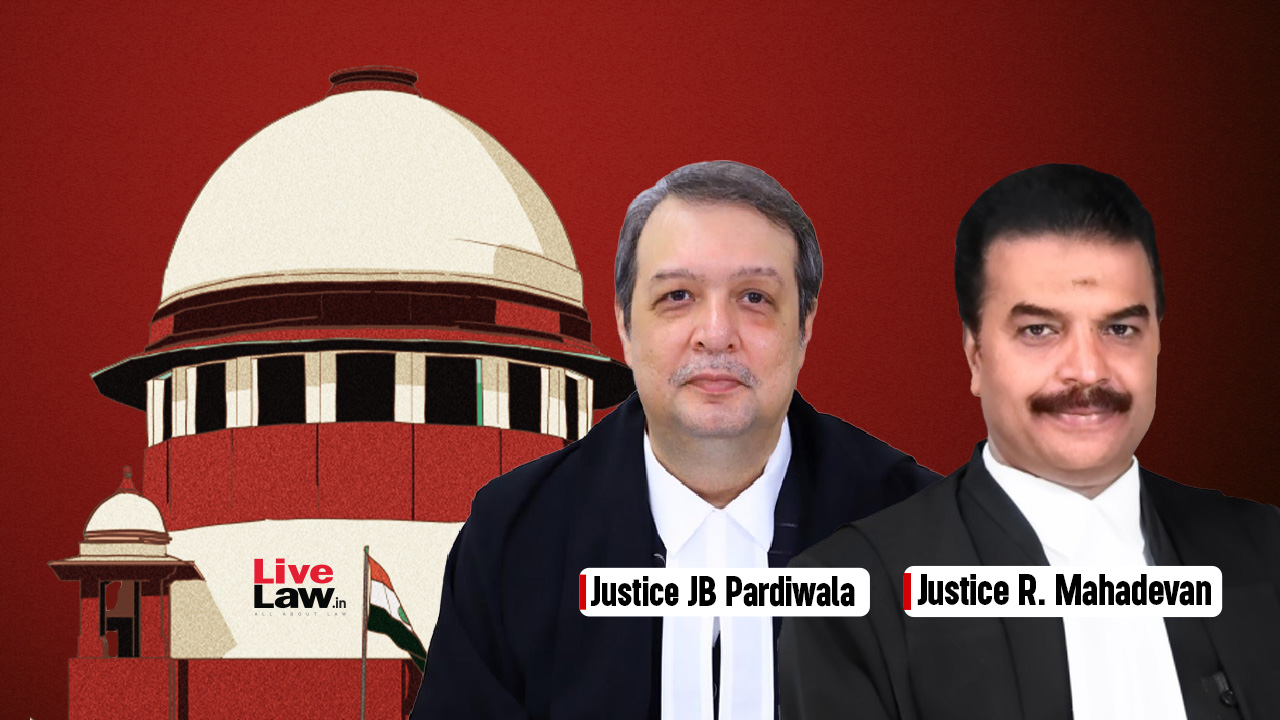

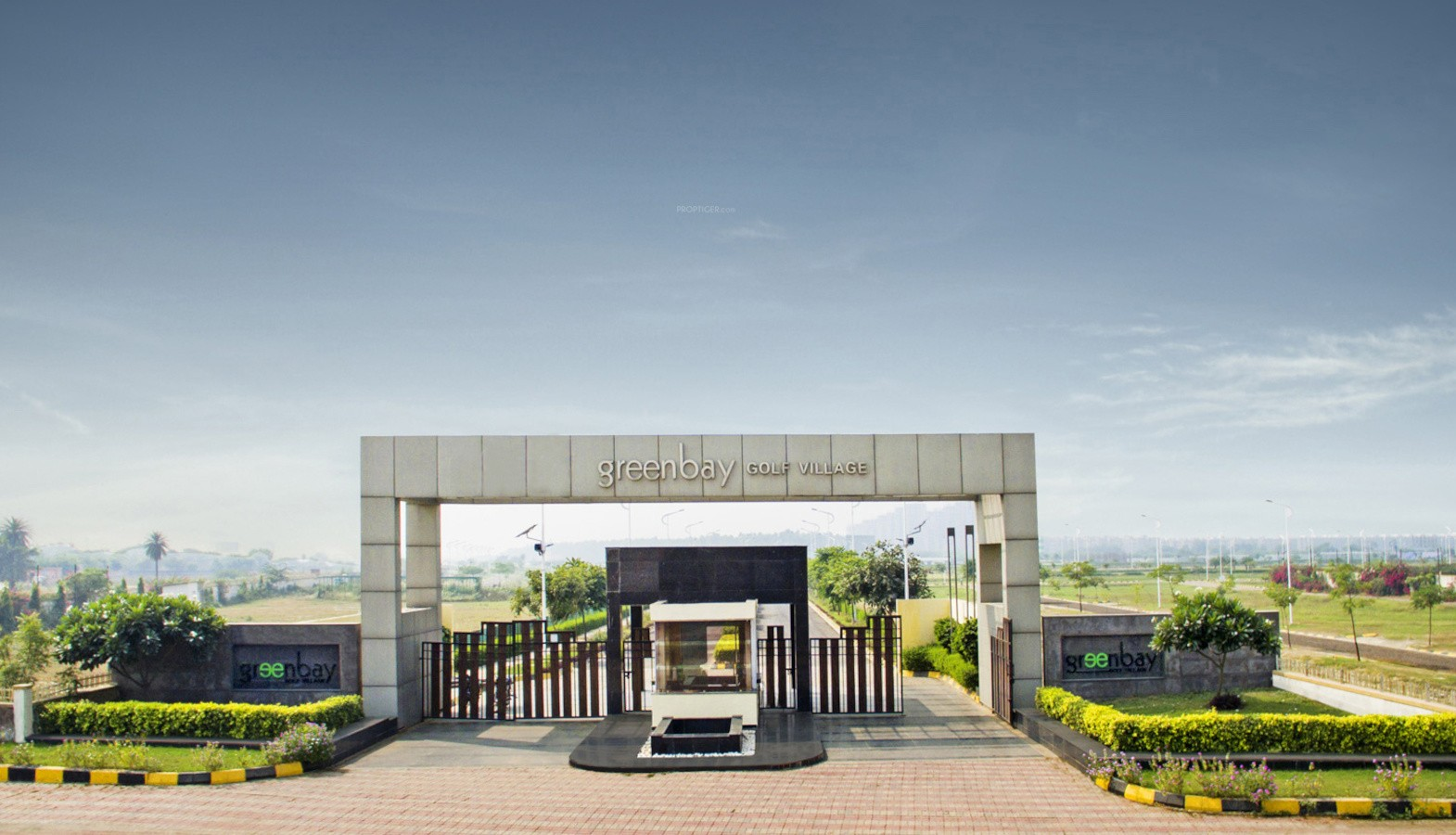
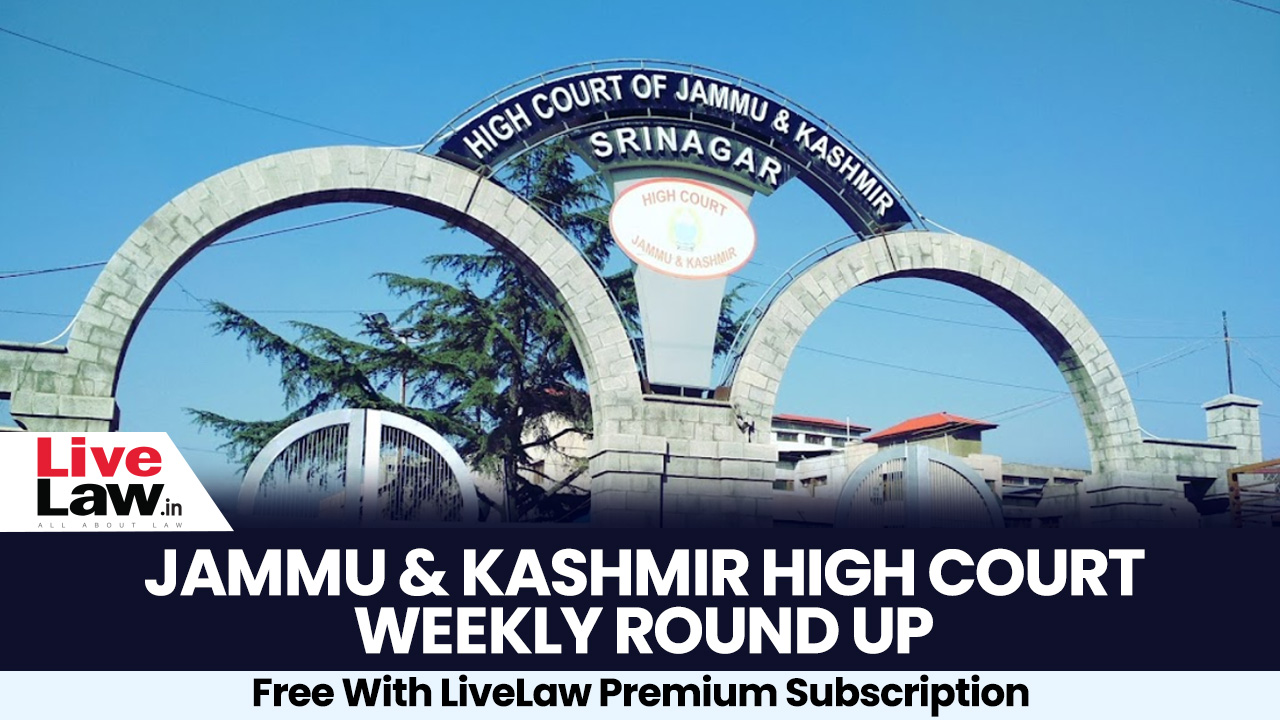
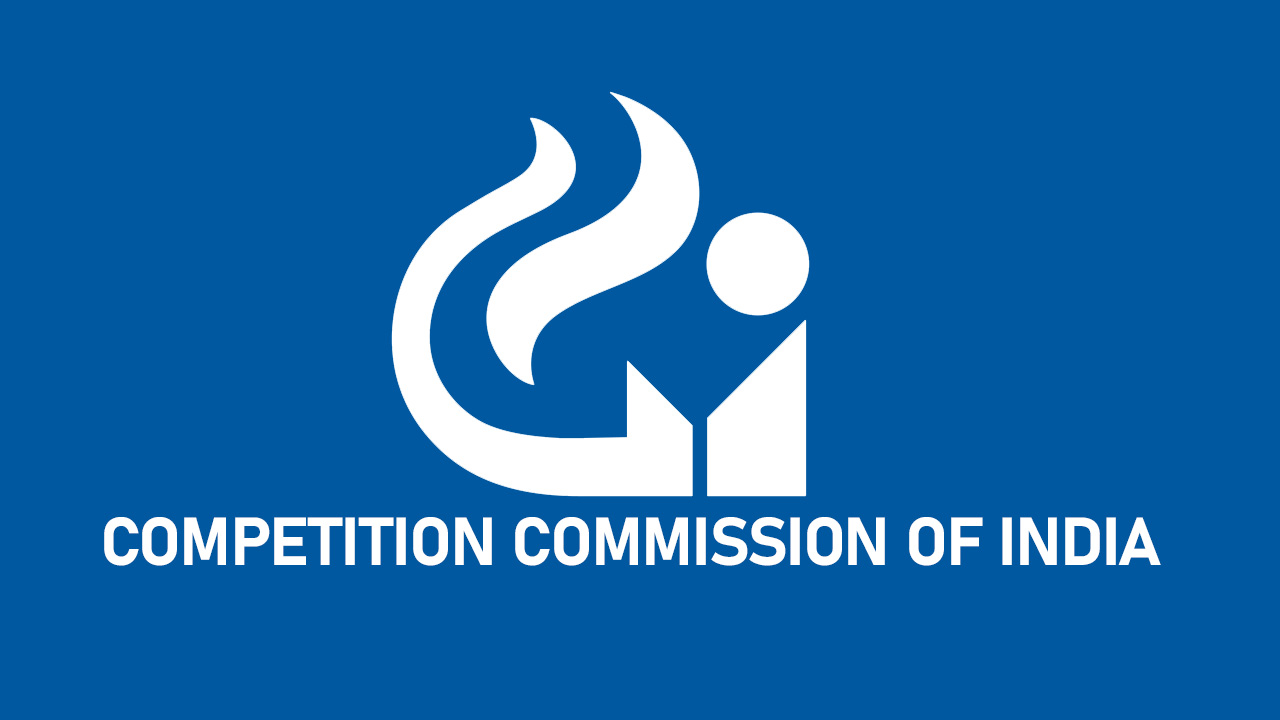

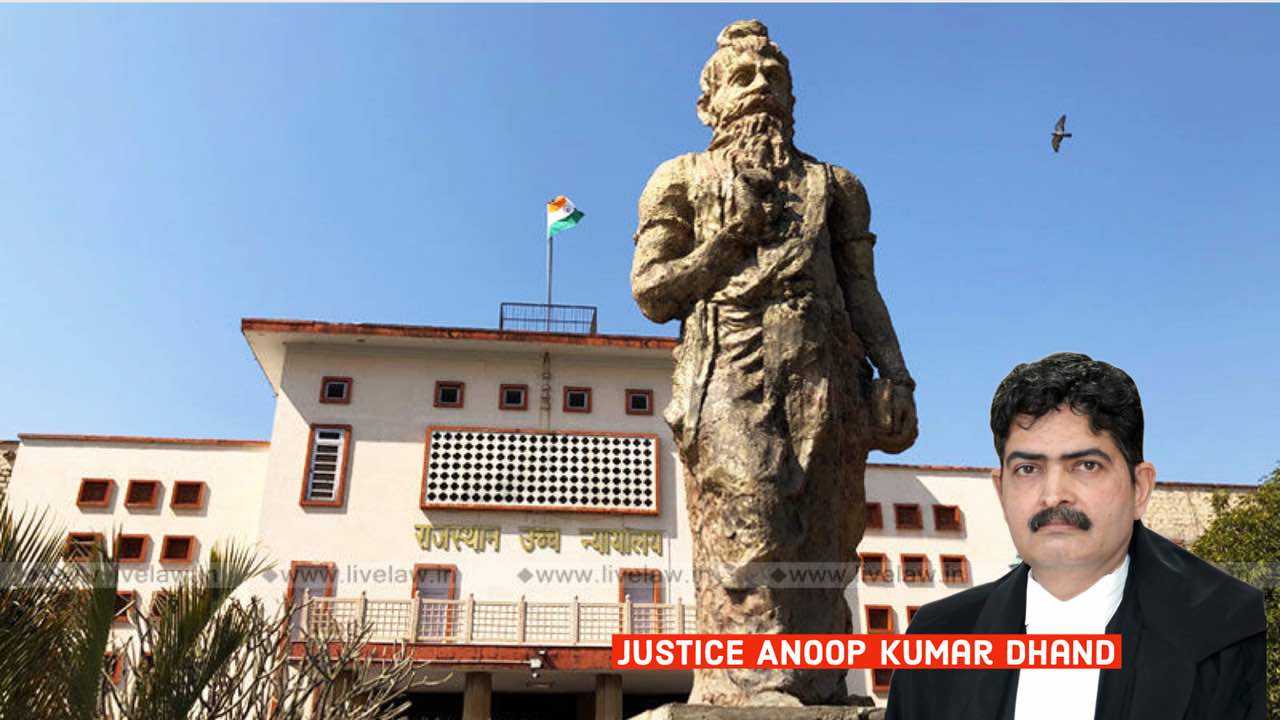
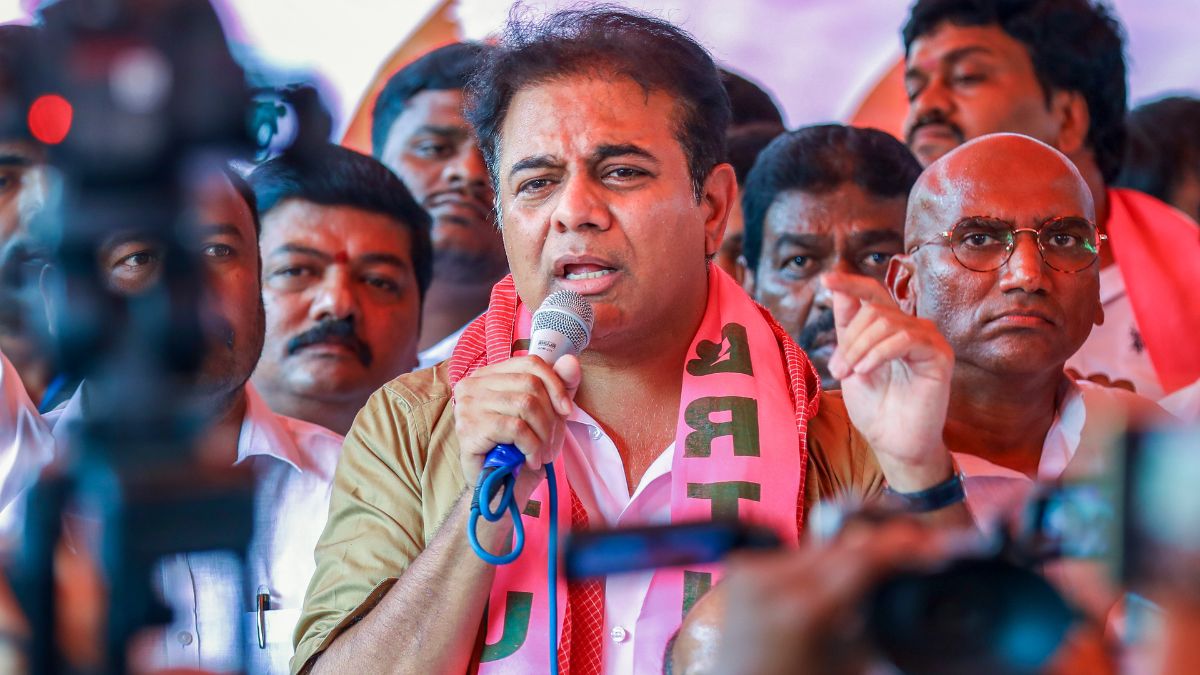
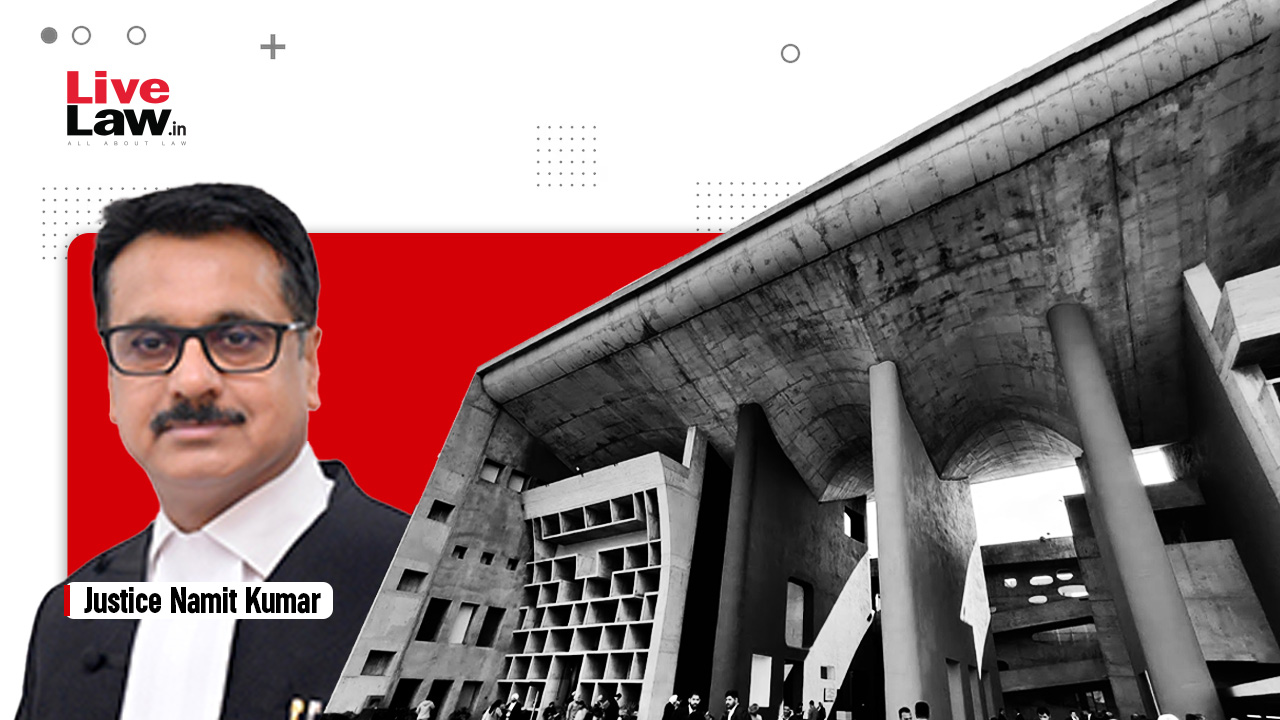

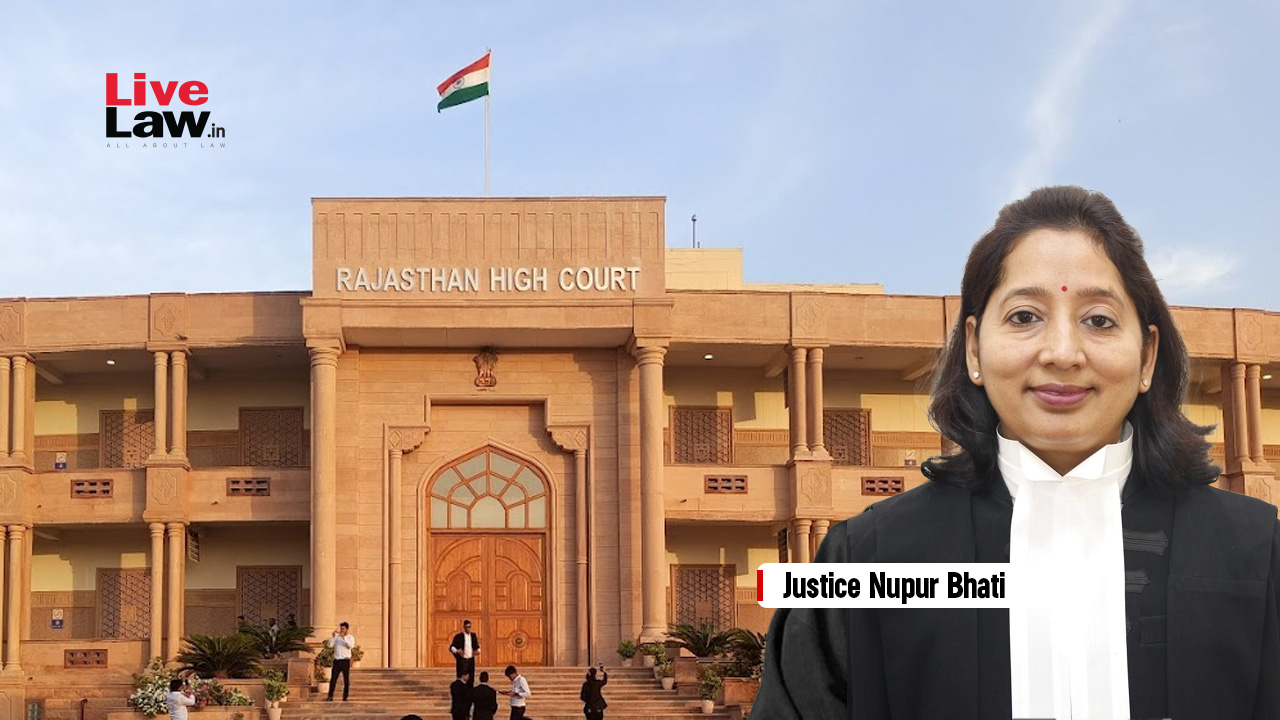
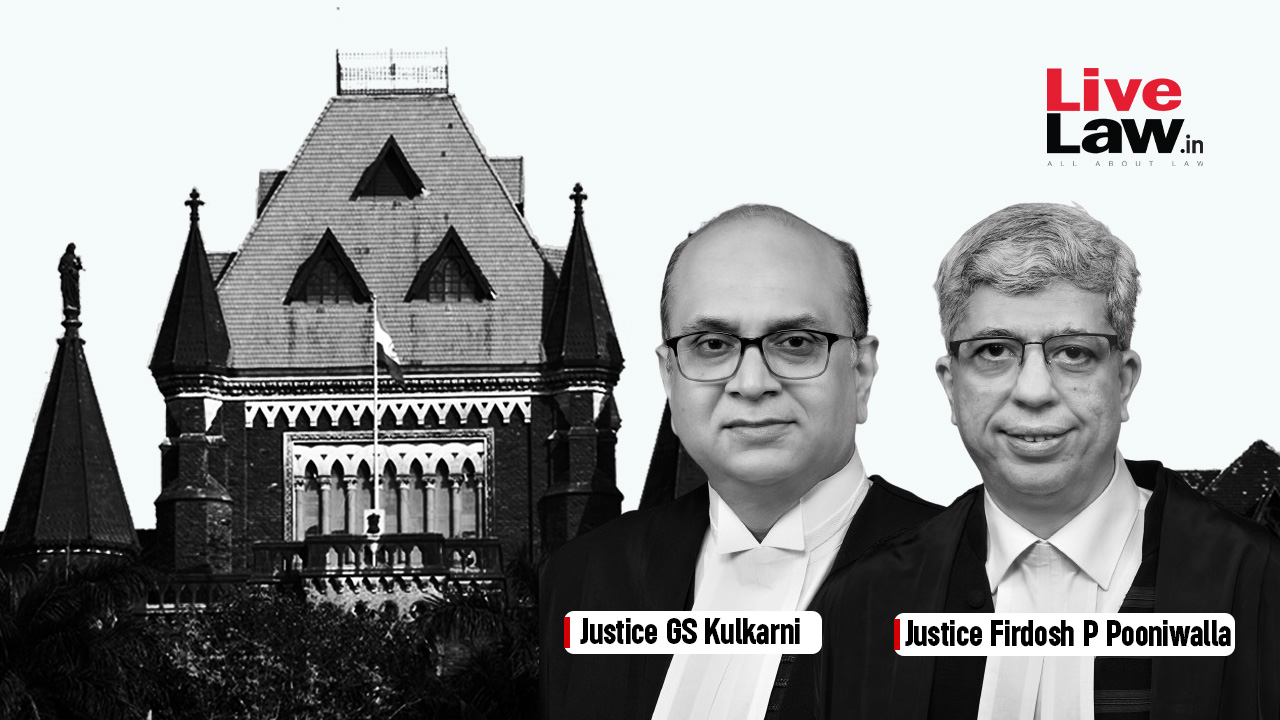
![Real Estate Weekly Round Up:[16 th December – 22 nd December 2024]](https://www.livelaw.in/h-upload/2024/12/03/574379-real-estate-weekly-digest.jpg)
![Calcutta High Court Annual Digest: Part-II [Citations: 100-199]](https://www.livelaw.in/h-upload/2024/12/23/578091-calcutta-high-court-annual-digest-2024.jpg)
